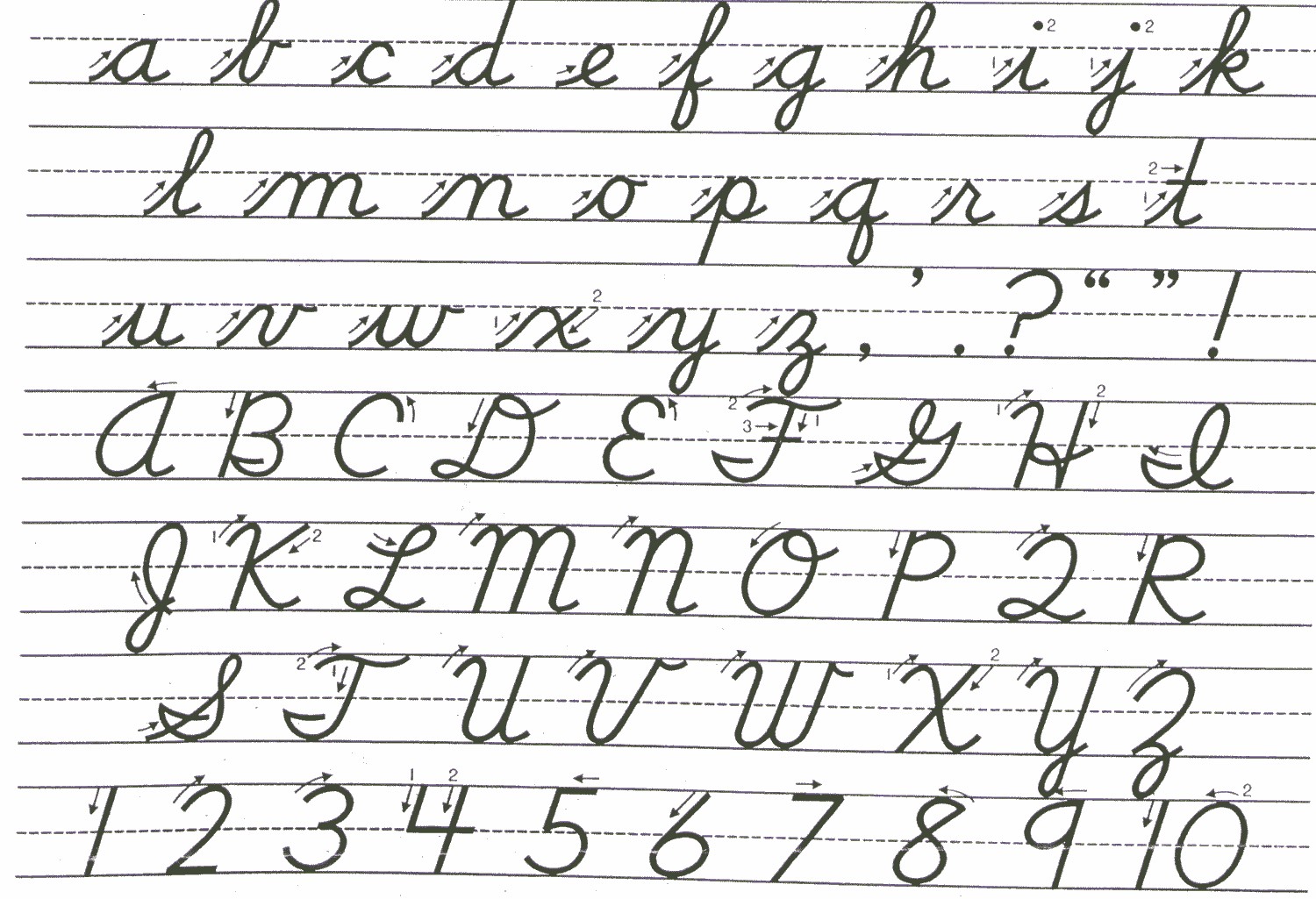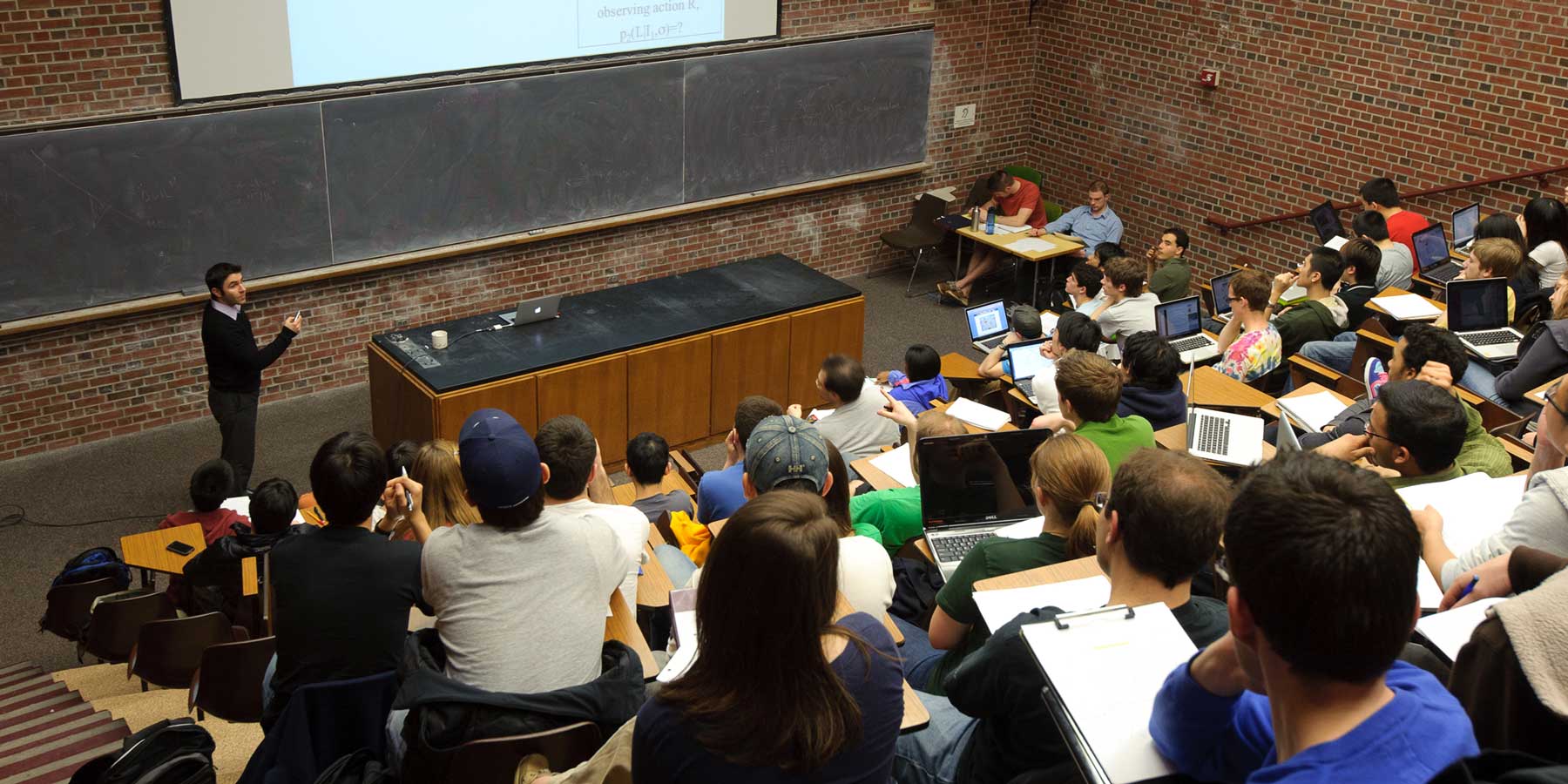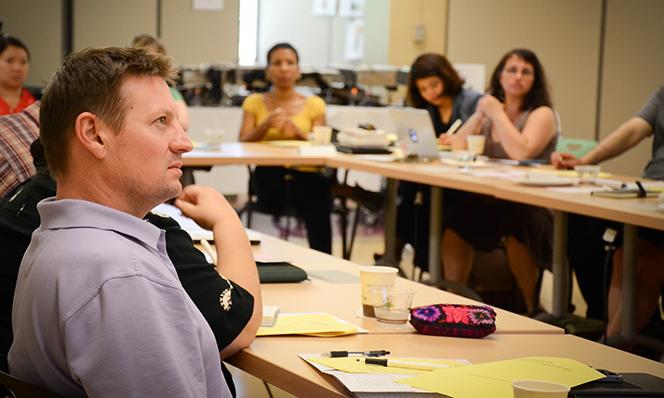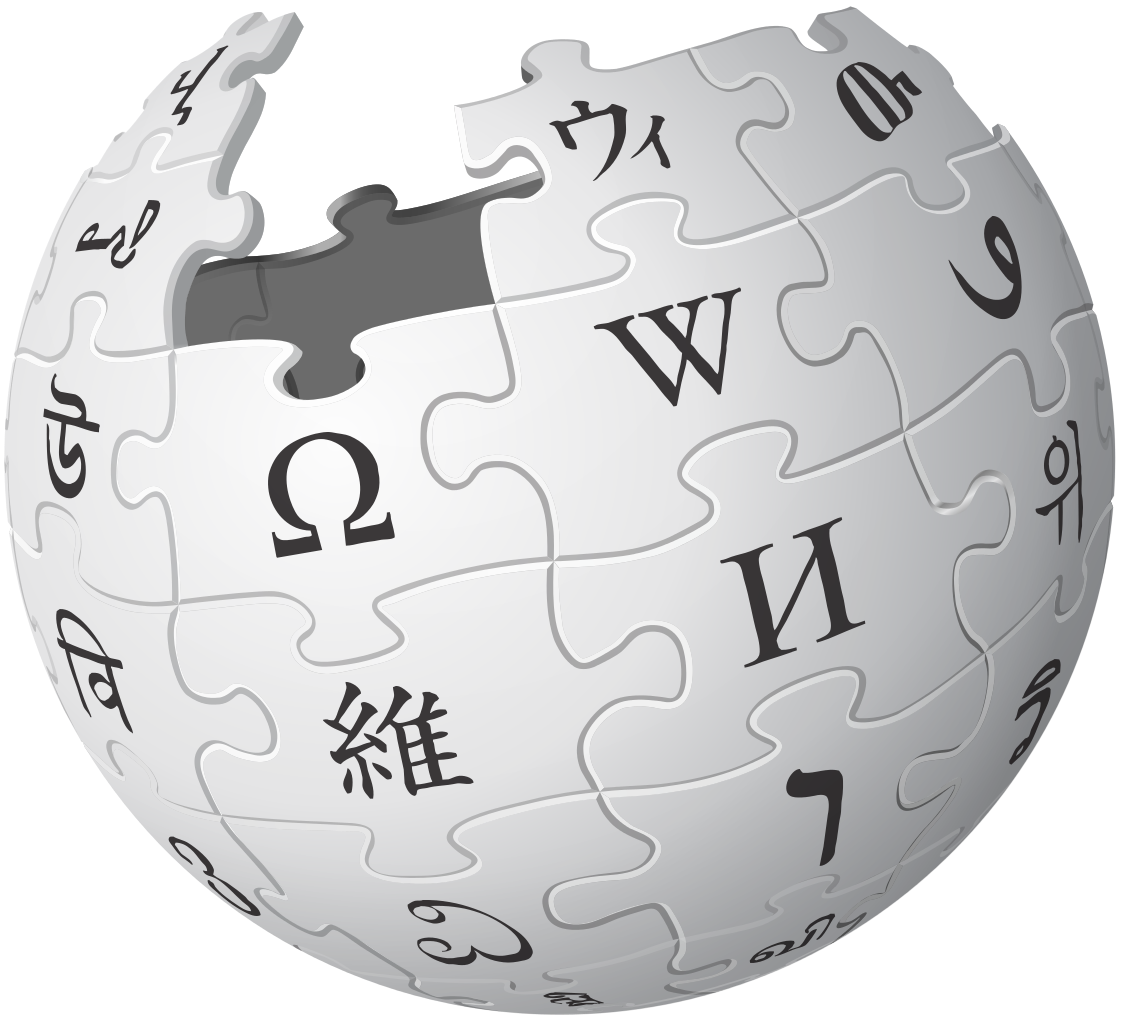by: Mikal Lambdin
Mikal is a senior studying English at George Mason. She previously worked with WAC to create disciplinary writing guides for student use. Mikal is graduating in May 2015! To reach her, please contact [email protected].
When first asked to write a blog post about my experience with Mason’s “culture of writing,” I will admit that my first question was “What is a culture of writing?” In response, Dr. Michelle LaFrance, Director of Mason’s Writing Across the Curriculum program, showed me the WAC program website. It reads:
At Mason, the WAC program upholds a campus-wide commitment to student writers, writing-rich coursework, and writing in the disciplines. . . Central to our program’s mission is the belief that when students are given frequent opportunities for writing across the university curriculum, they think more critically and creatively, engage more deeply in their learning, and are better able to transfer what they have learned from course to course, context to context.
Looking back at my own undergraduate experiences, I can clearly see that Mason’s culture of writing had an impact on both my overall education and my development as a writer in many ways.





